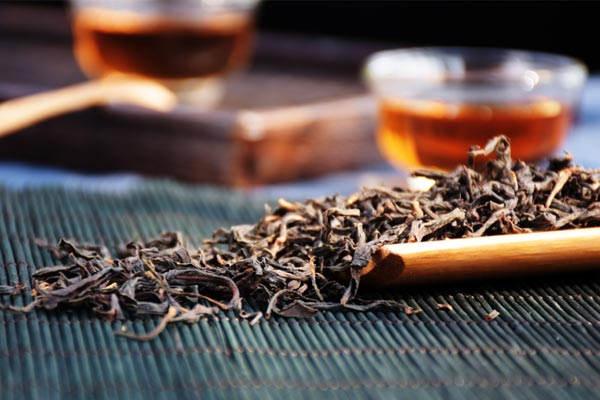Black tea is the world's most sold tea. Made from fresh leaves of the Camellia sinensis plant through a process of withering, rolling, fermentation, and drying, it is the quintessential fully fermented tea.
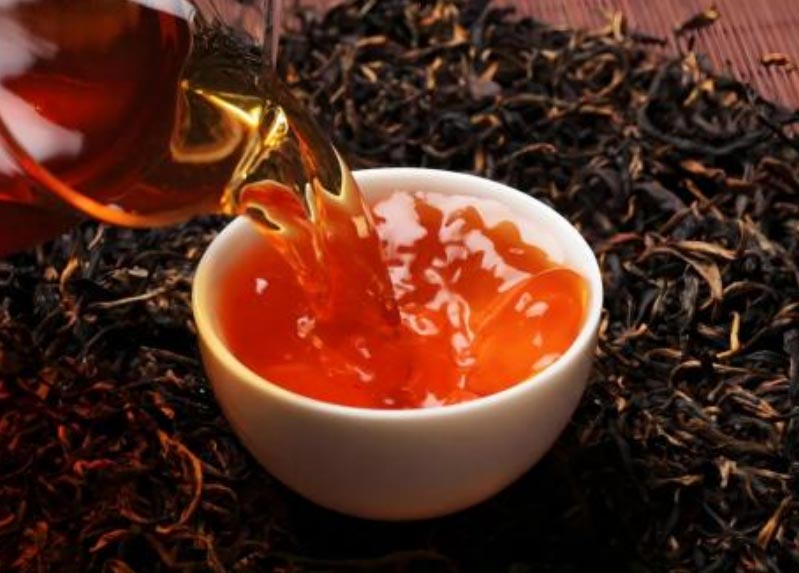
The unique fermentation process imparts a rich chemical composition to black tea, including green tea polyphenols and their oxidation products, theaflavins and thearubigins, as well as tea polysaccharides.
These active ingredients not only contribute to black tea's unique flavor and color, but also provide it with numerous potential health benefits, including antioxidant, anti-inflammatory, lipid-lowering, gut microbiome-modulating, metabolic syndrome-improving, cardiovascular protection, and anti-tumor properties.
01. Antioxidant Activity of Black Tea
Oxygen free radicals are a key factor in the development of numerous diseases, including Alzheimer's disease, hypertension, arteriosclerosis, and diabetes.
Recent studies have found that black tea extract can inhibit oxidative stress through multiple mechanisms, including free radical scavenging, inhibiting lipid peroxidation, and maintaining the activity of antioxidant enzymes such as superoxide dismutase and catalase.
Regular and moderate consumption of black tea, especially in individuals with elevated oxidative stress, can effectively enhance antioxidant capacity and improve glucose, lipid, and uric acid metabolism.
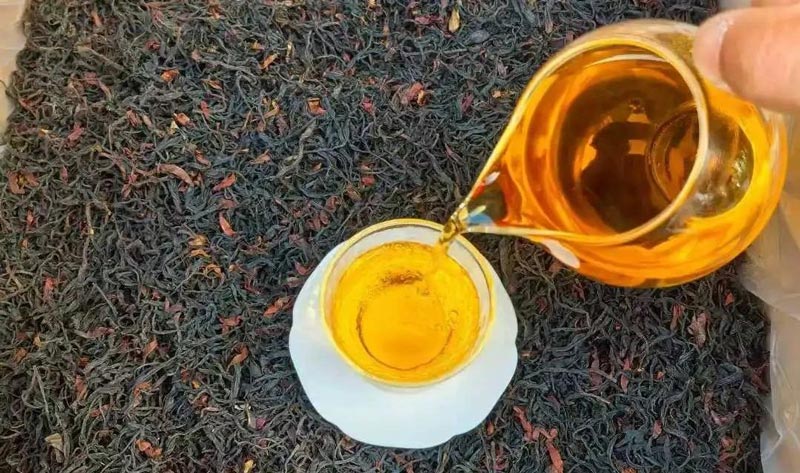
The antioxidant activity of black tea is primarily attributed to its rich composition of polyphenolic compounds, including catechins, theaflavins, thearubigins, theabrownins, flavonoids, and gallic acid.
Among these, catechins, such as epicatechin gallate (ECG), epigallocatechin gallate (EGCG), epicatechin (EC), and epigallocatechin (EGC), are considered key components of black tea's antioxidant activity, with their content showing a significant positive correlation with antioxidant capacity. ECG and EGCG, in particular, contribute most significantly to free radical scavenging and lipid peroxidation inhibition.
Furthermore, the theaflavins in black tea have been shown to significantly enhance antioxidant activity after fermentation by human intestinal flora.

02. Anti-inflammatory Activity of Black Tea
Inflammation is a key pathological characteristic of many chronic diseases. As a fermented tea, black tea's unique components, such as theaflavins, thearubigins, and polysaccharides, have been shown to possess significant anti-inflammatory effects and demonstrate promising application in various inflammatory models.
Research on the anti-inflammatory activity of black tea has primarily focused on inflammatory bowel disease, arthritis, and metabolic diseases. In particular, in a dextran sulfate sodium-induced colitis model, black tea demonstrated multiple protective mechanisms, including upregulating tight junction protein expression, regulating intestinal microbial balance, restoring short-chain fatty acid levels, and inhibiting NF-κB-mediated inflammatory pathways.
Notably, the tea emulsion formed after cooling black tea exhibits stronger anti-inflammatory and antioxidant activity than the supernatant, providing new insights into the development of functional ingredients from black tea.

Furthermore, black tea has demonstrated promising results in alleviating chronic inflammation associated with metabolic diseases such as obesity and diabetes, further expanding its application.
03. Black Tea's Immunomodulatory and Tumor Prevention Activity
Tumors have become one of the major threats to human health. Recent studies have revealed that active ingredients in black tea, such as green tea polyphenols, theaflavins, thearubigins, and black tea polysaccharides, exhibit significant anti-tumor potential.
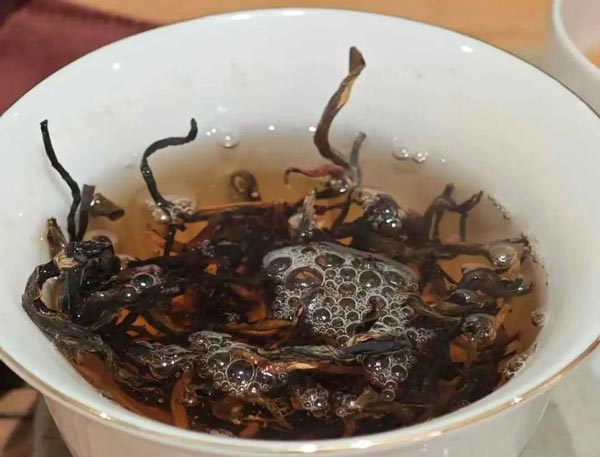
Research has found that black tea extracts exhibit significant anti-invasion and anti-migratory properties in melanoma models, attenuating the invasiveness and stemness of melanoma cells by inhibiting the p-FAK signaling pathway.
Black tea polysaccharides also play an important role in tumor suppression. For example, polysaccharides extracted from Tanyang Gongfu black tea exhibited significant anti-tumor activity in an H22 liver cancer-bearing mouse model.
Monoactive components in black tea, such as theaflavin-3,3′-digallate, theaflavin-3-gallate, and theaflavin-3'-gallate, have demonstrated significant anti-cancer effects in various cancer models.
04. Antibacterial and Antiviral Activity of Black Tea
With the growing problem of antibiotic resistance and the persistent threat of emerging infectious diseases, the search for safe and effective natural antibacterial and antiviral substances has become a key research direction.
Black tea polyphenols exhibit a strong broad-spectrum antibacterial effect, particularly against Salmonella, with a minimum inhibitory concentration of 3.125 mg/mL and a minimum bactericidal concentration of 6.250 mg/mL.
This indicates that the active ingredients in black tea have a strong inhibitory effect against foodborne pathogens. Theaflavins in black tea also exhibit significant inhibitory effects against oral pathogens such as Streptococcus mutans, which are closely associated with dental plaque and caries, and periodontal pathogens.
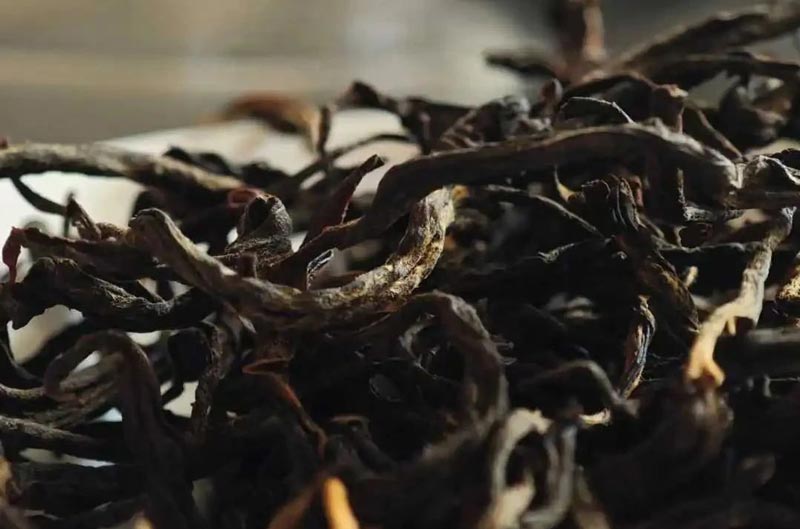
Theaflavins can also enhance the effects of antibacterial drugs such as metronidazole and tetracycline against periodontal pathogens, demonstrating a synergistic antibacterial effect. In terms of viral infection prevention and treatment, studies have confirmed that black tea theaflavins can effectively inhibit hepatitis C virus infection, primarily in the early stages of viral invasion. Studies on adenovirus have shown that black tea extracts inhibit viral replication primarily by interfering with the post-adsorption phase.
05. Black Tea's Hypoglycemic Activity
One effective intervention strategy for hyperglycemia is to inhibit the activity of carbohydrate hydrolases (such as α-amylase and α-glucosidase), thereby delaying glucose hydrolysis and absorption.
Research has found that black tea has higher α-amylase and α-glucosidase inhibitory activity than green tea, demonstrating greater anti-diabetic potential. Furthermore, the inhibitory effect on α-amylase and α-glucosidase increases with tea grade.
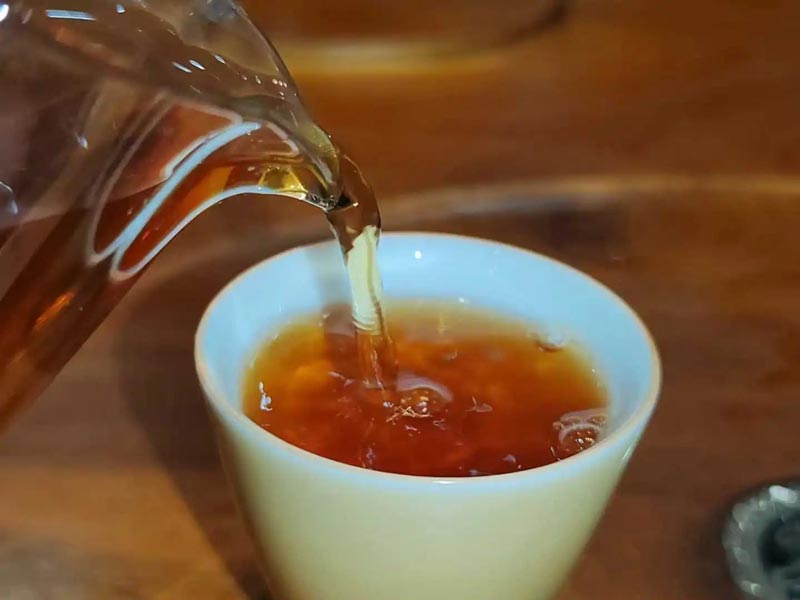
Researchers have isolated six polysaccharides from green tea, oolong tea, and black tea and found that black tea polysaccharides have the strongest inhibitory activity against α-glucosidase. Research has isolated and purified several compounds from black tea that have enzyme inhibitory properties. For example, the new compounds Theaflavoids A-C, isolated from the "Golden Bud" Yunnan black tea, exhibited potent α-glucosidase inhibitory activity, with IC50 values significantly lower than acarbose.
Amelliaone A, a new flavanone isolated from Yingde black tea, exhibited significantly better α-glucosidase inhibitory activity than acarbose. Black tea can also smooth postprandial blood sugar fluctuations and reduce hyperglycemic responses. Studies have shown that drinking black tea 30 minutes before a meal significantly lowers the postprandial glycemic index (GI) of steamed bread and white rice, resulting in a smoother postprandial blood sugar curve.
More and more studies have shown that black tea can also improve diabetic metabolic abnormalities by regulating intestinal flora.
06. Black Tea's Lipid Metabolism and Anti-Obesity Activity
Obesity has become a major global public health issue. Obesity not only significantly increases the risk of chronic diseases such as type 2 diabetes and cardiovascular disease, but also significantly reduces quality of life. Treatment of obese mice with black tea extract significantly improved body weight, liver indices, and serum biochemical markers such as total cholesterol, triglycerides, and low-density lipoprotein cholesterol. It also regulated the expression of genes related to hepatic lipid metabolism and promoted ACC1 phosphorylation, improving hepatic steatosis.
Black tea polyphenols and polysaccharides not only reduce fat formation and accumulation but also promote lipolysis, thereby improving metabolic health.
Concurrently, numerous studies investigating the mechanisms by which black tea regulates lipid metabolism have shown that black tea can act as a novel thermogenic activator, exhibiting significant anti-obesity effects by mediating brown adipose tissue thermogenesis and white adipose tissue browning.

Pancreatic lipase is a key hydrolase in fat digestion. Studies have found that the phenolic content of black tea decreases during digestion, but after in vitro digestion, its inhibitory rate on pancreatic lipase activity increases by 26.97%.
07. Black Tea Regulates Blood Pressure Activity
Hypertension is not only a major risk factor for cardiovascular disease but is also closely associated with various complications, including stroke and renal failure. Angiotensin-converting enzyme (ACE) plays a key role in blood pressure regulation, converting angiotensin I into angiotensin II, a potent vasoconstrictor, leading to elevated blood pressure.
Polyphenols in black tea, particularly catechins, protect vascular endothelial cells through antioxidant activity and block the production of angiotensin II by inhibiting ACE activity. This synergistic effect effectively lowers blood pressure.
Another study found that flavonoids in black tea, particularly quercetin-3-O-rutinoside, exhibit significant antihypertensive activity.
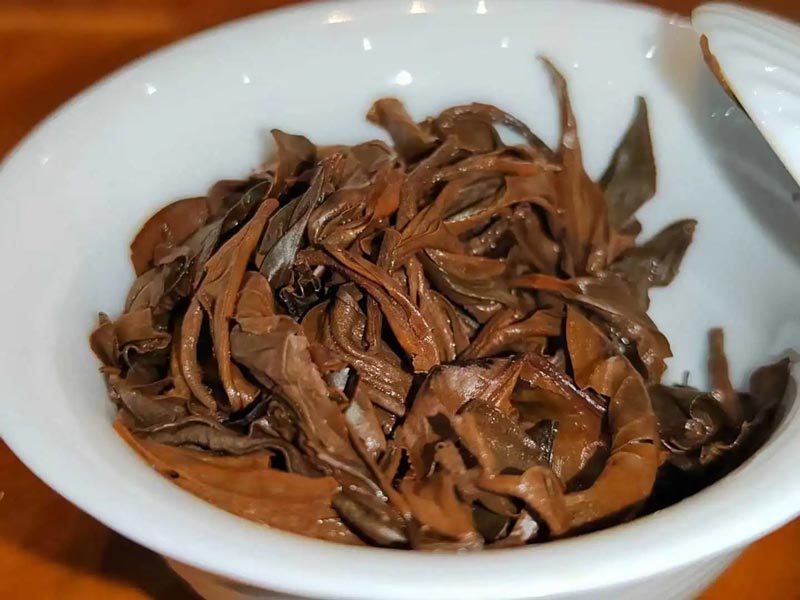
Furthermore, researchers have demonstrated that black tea exhibits significant vascular protective effects under dynamic blood flow conditions, both fasting and after a high-fat diet, primarily through lowering blood pressure, improving blood wave reflection, and reducing arterial stiffness. Therefore, regular black tea consumption may have important cardiovascular protective benefits.
08. Black Tea Regulates Gut Microbiota and Gut Homeostasis
As the body's largest microbial ecosystem, the gut microbiota not only participates in nutrient digestion and absorption and regulates the immune system, but is also closely associated with the development and progression of various diseases. Although the polyphenols in black tea, such as theaflavins and thearubigins, have low bioavailability in the small intestine, they selectively promote the growth of beneficial bacteria while inhibiting potential pathogens once they reach the colon, thereby optimizing the intestinal flora.
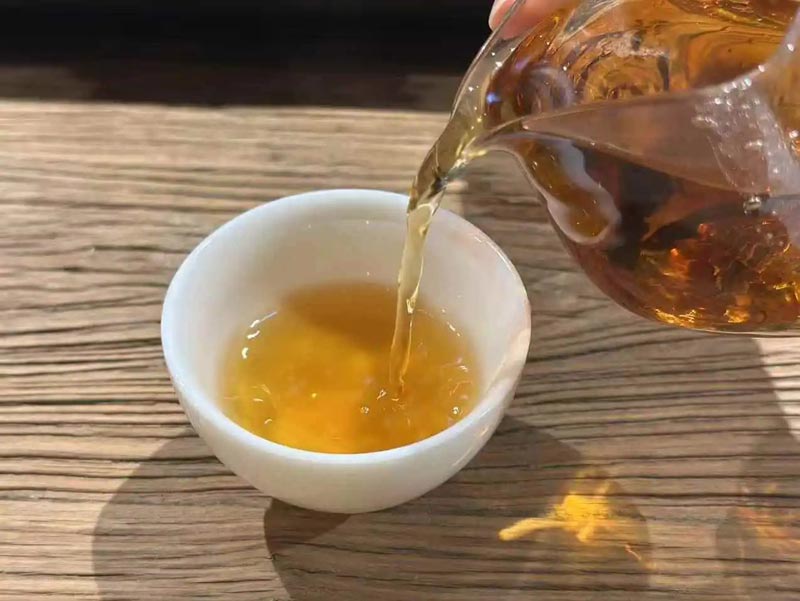
In vitro studies using a human intestinal tract simulation system have shown that black tea extract significantly promotes the growth of beneficial bacteria such as Bifidobacterium, while inhibiting the proliferation of Bacteroides-Prevotella and Clostridium.
Of particular note, black tea significantly increases the production of short-chain fatty acids, which play an important role in maintaining intestinal health and strengthening intestinal barrier function.
09. Black Tea's Constipation-Relief Activity
Constipation is a common gastrointestinal disorder. With changes in modern lifestyles, the incidence of constipation is increasing, seriously impacting people's quality of life. Research has shown that black tea extract has significant potential in relieving constipation.
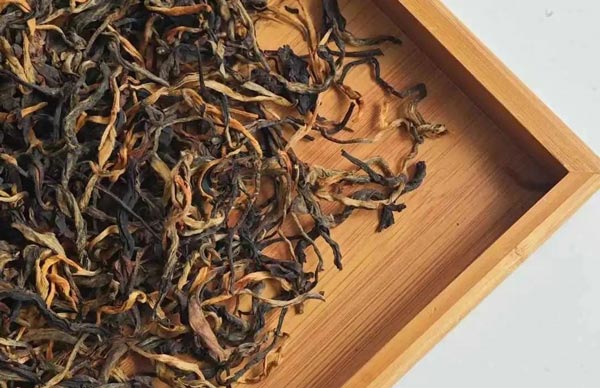
In a mouse constipation model, black tea extract improved defecation by increasing stool volume and fecal water content, enhancing gastrointestinal transit rate, and thus improving bowel function. It also protected colonic tissue from damage, maintaining normal intestinal function.
At the molecular level, black tea extract reduced the expression of the colonic aquaporins AQP3 and AQP9, which may be an important mechanism for regulating intestinal water transport.
10. Black Tea Alleviates Lung, Liver, and Kidney Damage
With the increasing impact of environmental pollution and unhealthy lifestyles, damage to vital organs such as the lungs, liver, and kidneys has become a major threat to human health. As a traditional beverage, black tea, with its diverse bioactive components, exhibits unique advantages in organ protection.
In terms of lung protection, studies have found that black tea has significant preventive and therapeutic effects on particulate matter-induced lung injury. In terms of liver protection, black tea can effectively combat liver damage caused by heavy metals (such as cadmium and lead) and maintain the structural integrity of liver cells. Furthermore, black tea extract can alleviate hepatotoxicity caused by aflatoxin B1. Furthermore, in terms of metabolic diseases, black tea extract effectively improves non-alcoholic fatty liver disease by promoting fatty acid metabolism. Theaflavins-rich black tea extract significantly alleviates liver fibrosis by inhibiting the TGF-β1/Smad signaling pathway.
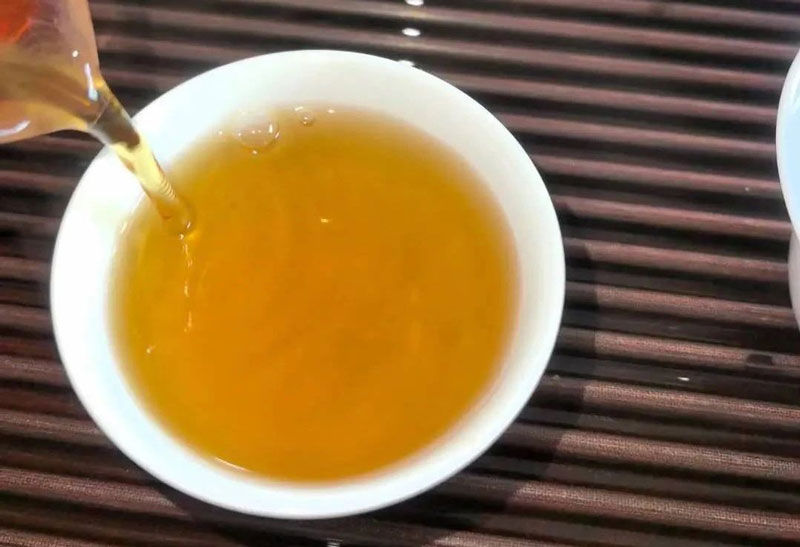
In terms of kidney protection, studies have shown that black tea extract can mitigate aflatoxin B1-induced kidney damage and improve renal function markers, enhance antioxidant capacity, and regulate related gene expression.
In addition, black tea exhibits protective effects on the reproductive system. Studies have found that moderate black tea consumption can improve sperm quality without adversely affecting liver and kidney function.
11. Black Tea Alleviates Osteoporosis
Osteoporosis is a systemic skeletal disease characterized by decreased bone density, deterioration of bone microarchitecture, and increased bone fragility, primarily affecting the elderly and postmenopausal women.
Multiple studies have confirmed that black tea extract and its main active ingredient, theaflavins, can alleviate osteoporosis by enhancing bone strength, improving cortical bone thickness, and reducing levels of bone resorption markers. Black tea also exhibits synergistic effects with other natural active ingredients. For example, the combination of black tea extract and Dendrobium officinale extract exhibits significant synergistic effects. The combination of black tea and Noni leaf extract also demonstrates excellent results in improving osteoporosis caused by estrogen deficiency.
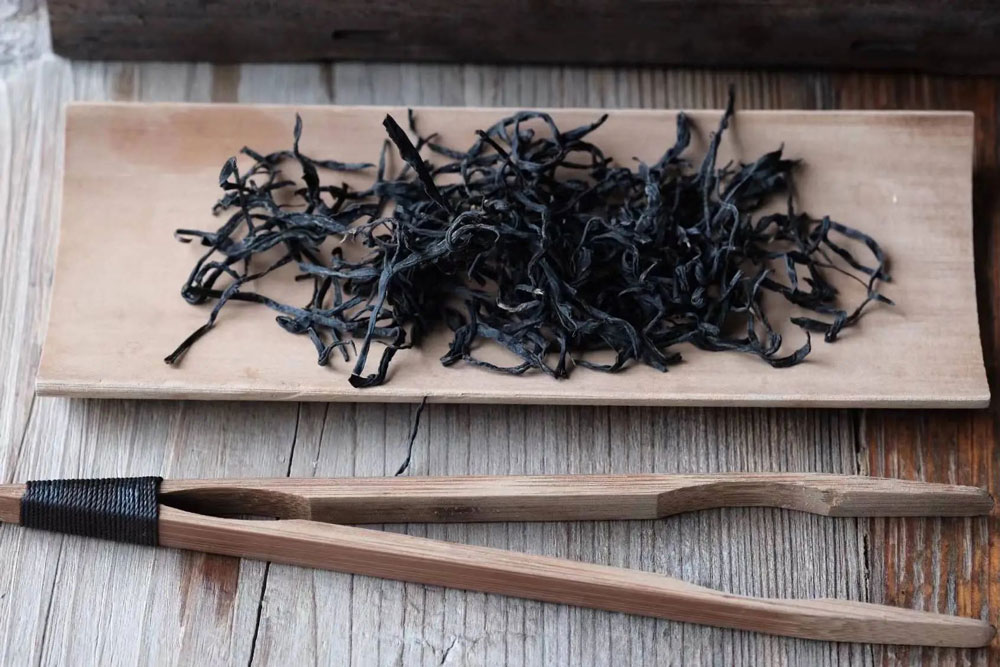
Recently, research on the health benefits and mechanisms of action of black tea has made significant progress. However, several challenges remain, including insufficient research on the structure and bioactivity of the active ingredients, unclear physiological mechanisms underlying the health benefits, and a lack of large-scale, high-quality human clinical studies.
Black tea has enormous potential for health benefits. Future multidisciplinary research will uncover its active ingredients and mechanisms of action, optimize its processing and utilization, and promote its widespread application in various fields, ultimately contributing to human health.

%20--%3e%3c!DOCTYPE%20svg%20PUBLIC%20'-//W3C//DTD%20SVG%201.1//EN'%20'http://www.w3.org/Graphics/SVG/1.1/DTD/svg11.dtd'%3e%3csvg%20version='1.1'%20id='图层_1'%20xmlns='http://www.w3.org/2000/svg'%20xmlns:xlink='http://www.w3.org/1999/xlink'%20x='0px'%20y='0px'%20width='256px'%20height='256px'%20viewBox='0%200%20256%20256'%20enable-background='new%200%200%20256%20256'%20xml:space='preserve'%3e%3cpath%20fill='%23FFFFFF'%20d='M194.597,24.009h35.292l-77.094,88.082l90.697,119.881h-71.021l-55.607-72.668L53.229,232.01H17.92%20l82.469-94.227L13.349,24.009h72.813l50.286,66.45l58.148-66.469V24.009z%20M182.217,210.889h19.566L75.538,44.014H54.583%20L182.217,210.889z'/%3e%3c/svg%3e)



